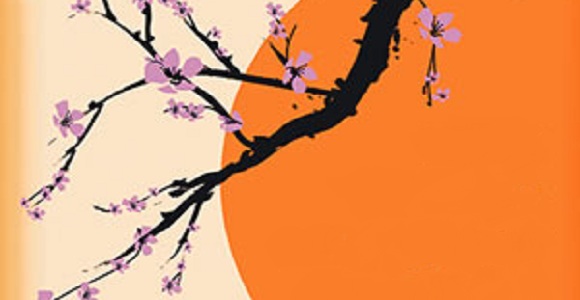
Everyone, but everyone, goes through difficult times in life. It is part of the process of breaking down the forms with which we are comfortable. Yet these must be dissolved to enable us to learn and grow. These can be beliefs or attachments, the most painful of which is the loss of someone we love.
To be entire we must be broken
Buddhist teaching tells us, ‘All life is suffering’. Our suffering is the compulsion to believe the illusion; that what we are and experience is enduring and entirely real, rather than the shifting sands of Maya. However rooted we may be in spiritual practice, we all experience this suffering because we are human. However much we cultivate detachment, we remain delicately enfolded by our loves. This is one of the great paradoxes of life: to be entire we must be broken. To be wholly human we must love deeply, but if we open ourselves fully to the experience of human love in all its forms – as we must – we will inevitably be hurt.
And so it is with me. I have just lost a brother, suddenly, unexpectedly… It is the strangest of experience because a sibling is so close both biologically and in a shared childhood. As the days have become shorter I have felt shadows being cast over my life. I have, at times, felt I have lost my way.
How then do we cultivate solace? How do we heal ourselves?
I firmly believe that each moment of our time on Earth is precious and that we are here to live to the full, however wounded or challenged we may sometimes feel. It is our wounds that help us develop our empathy and compassion for others. In our suffering is held our capacity to love unconditionally.
It isn’t always possible to be upbeat and courageous, but over my life I have learnt how to cultivate solace.
The natural world is a well of inspiration and beauty and every day I try to absorb the solace I find there literally into my body and become more connected with the great cycles of life. One of my favourite ways of being in nature is to walk and I try to go for a walk every day, whatever the weather, and feel the sun, rain, snow or mist on my face.
The solace of walking

A real treat is to spend a whole day walking or, better still, days at a time along a chosen route. This is a way of transcending the normal, the routine, and the day-to-day. Jonathan Reggio describes the process of pilgrimage beautifully in One Day the Shadow Passed: ‘The journey … is long enough to ensure that the solitary wayfarer has plenty of time to think – long enough indeed to ensure that he or she stops thinking altogether and begins simply to exist. For only once the mind is stopped, say the Zen monks, can it be truly repaired.’
I like to make my pilgrimages along some of the ancient Celtic trackways in England. I live close to the South Downs Way and The Ridgeway is not far away. Up on the chalky Downs I feel uplifted by the heady views. It is a sensuous experience to feel enfolded in the curvaceous landscapes as I look down into yew forests that have been there for millennia. It reminds me that “my little life is rounded in a sleep” and I can let go and rejoice that this is so. I am no longer a personality, more a force of nature, an elemental.
When I can’t get away to walk I can sublimate that sense of connection in good books. I love crafted language, being transported to other worlds, the delight of a well-wrought story, the vicarious experience of another… So it was a gift when Ann sent me One Day the Shadow Passed, a book that combines pilgrimage, observations of a pre-industrial agriculture and culture, the beauty of rural Japan and a story of love and spirituality.
She must have intuitively known I needed it.
© 2012 by Maddy Harland

